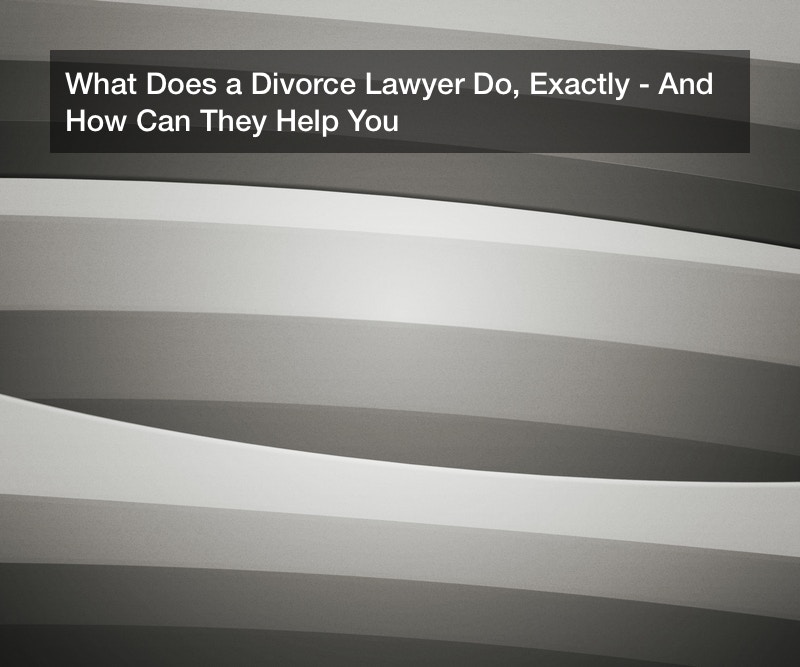
There are many reasons why people choose to meet with estate planning lawyers. Estate planning is the legal process of preparing your property and assets in the event of your death. However, there’s more to estate planning than organizing your assets. Here are the five key factors that are often included in an estate plan:
- A Living Will: A living will is a document that states your wishes regarding medical treatments, life-support efforts, and other medical decisions such as organ donation. Also known as an advanced directive, your living will informs your family or your health care power of attorney what your medical choices are in the event of an emergency should you be unable to give informed consent.
- A Living Trust: According to a survey by Care.com, approximately 13% of survey respondents report having a living trust. A living trust keeps your assets in a trust during your lifetime and then transfers those assets to your beneficiaries after your death. Living trusts speed up the asset distribution process after your passing because basic living trusts avoid probate, which can be a lengthy process.
- A Power of Attorney: Designating a power of attorney is one of the major reasons why people seek out estate planning lawyers. A power of attorney is someone you authorize to act on your behalf should you be unable to give informed consent. The most common types of power of attorney include the health care power of attorney, who makes medical decisions on your behalf, and the durable power of attorney, who makes financial transactions on your behalf. Oftentimes, those who are making an estate plan will choose the same person as both powers of attorney.
- Beneficiary Designations: Beneficiaries are those who you give your assets to after you pass away. You can make beneficiary designations on financial assets like individual retirement accounts, pension plans, 401(k) plans, insurance policies, and annuities.
- A Pour-Over Will: A pour-over will is typically used in conjunction with a living trust. It essentially acts as a safety net to catch any personal assets that you may not have placed in your living trust during your lifetime so those personal assets can be placed in the trust after your death and distributed to your beneficiaries.
Looking for estate planning lawyers for your own estate plan? Your local lawyers have you covered. Contact your local lawyers today for more information.

